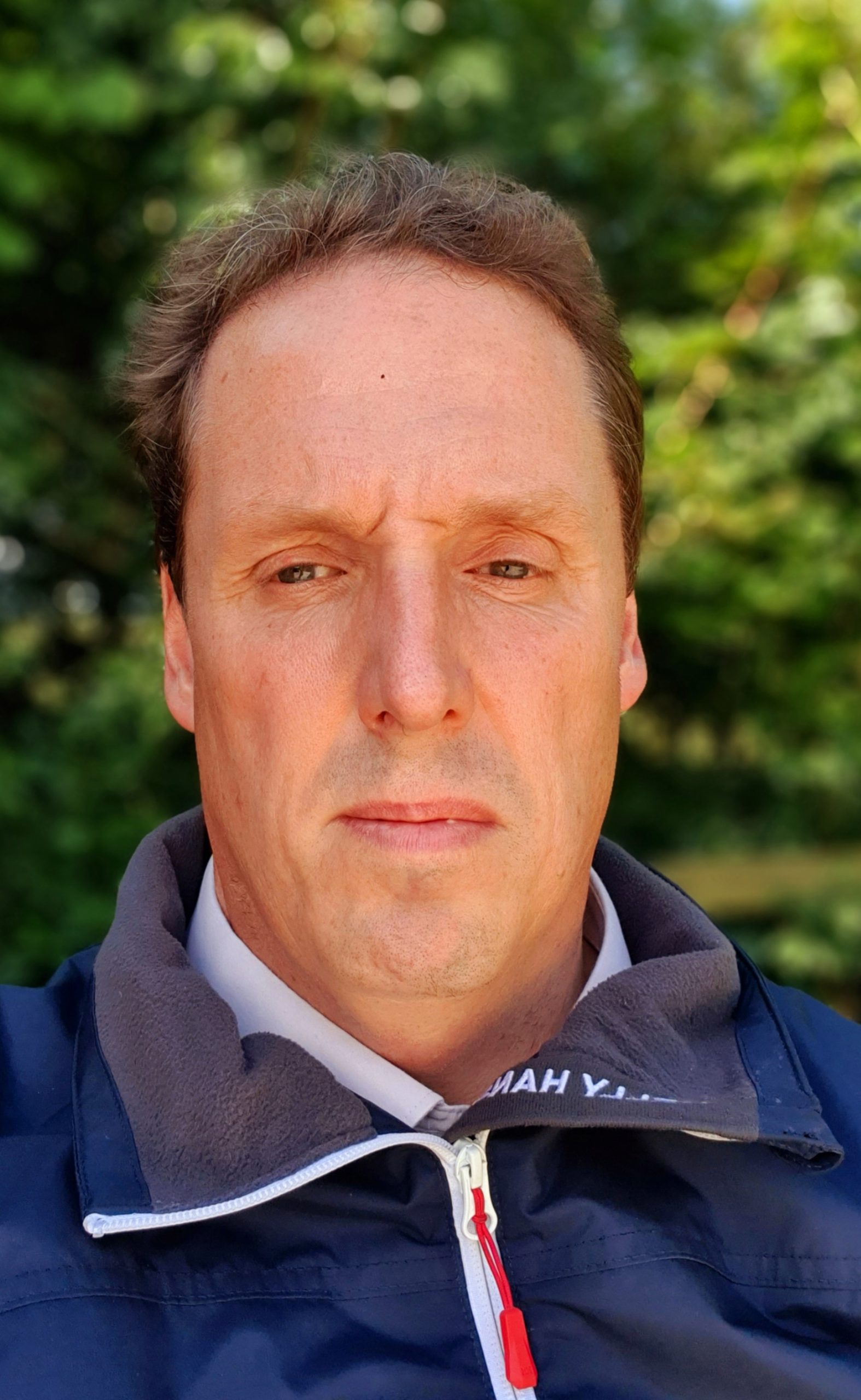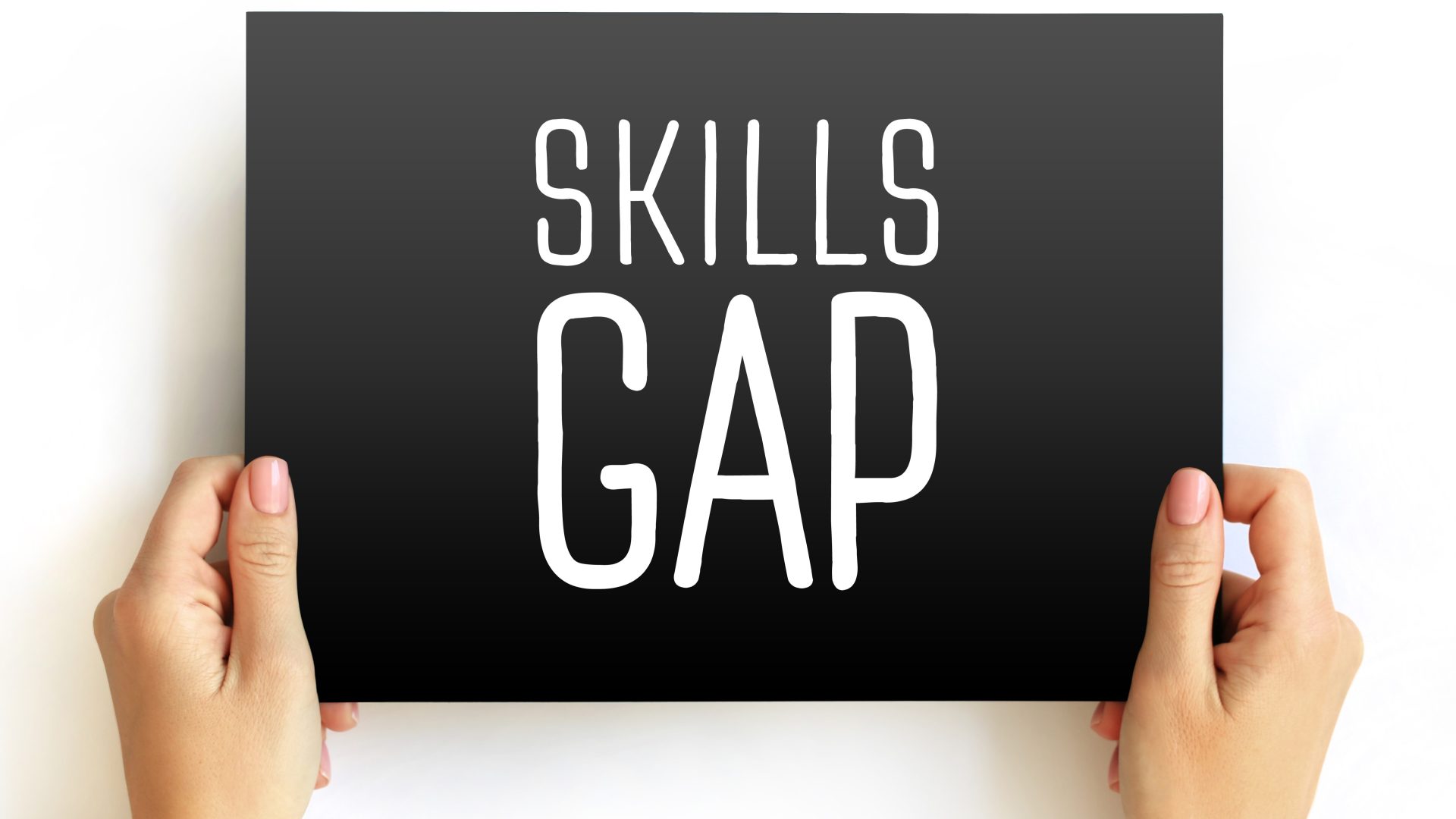
In the first of a regular new column, Associate Director AtkinsRéalis and Royal Academy of Engineering Visiting Professor at the University of Exeter, Oliver Grievson, explores the pressing subject of the water industry skills gap, as increased investment threatens to exacerbate the problem.
Talk surrounding the water industry skills gap has been bubbling away for at least the past ten years, but often as one of those things only quietly talked about. At a conference I attended in 2014, celebrating a hundred years of activated sludge, I recall the undercurrent of the skills gap was prevalent way back then.
Companies have been quietly addressing it by putting apprenticeship schemes in place, along with other incentives, but based upon current shortages it is an area that the industry as a whole, has got to improve on.
The issue is coming into sharp focus with the looming potential of a sector that is facing an investment period where the cost of running the industry could possibly double, and the capital investment more than double.
A quick search using AI summarises the problem as due to:
- An ageing workforce with the industry facing a ‘Silver Tsunami’ of retirements,
- The need for new skill sets due to the Digital Transformation of the industry,
- Evolving regulations and public demands and,
- A recruitment challenge finding qualified candidates for critical roles that are currently experiencing gross shortages.
The impact that this will have include reduced efficiency, the stagnation of innovation and potential missed opportunities, as there are simply not enough people to deliver the programme of works that the industry will be asked to deliver.
If all of this is to believed the industry is facing a stark and very busy future. Indeed, the shortage of skilled people within the water industry can be seen with clients commenting that project delivery dates are under threat due to the lack of resource. This is a current issue, let alone what the issues will be like in the future with a much larger capital delivery programme facing the industry and the question “can we deliver this” on the tip of everyone’s tongues.
But it’s easy to get downbeat if you take the view that the industry is facing a perfect storm of shortages of skills with the largest ever capital programme set to start in as little as nine months’ time. On top of this there are areas of the industry which will need a fundamental change in skillsets with demands in elements of instrumentation and its maintenance coming into play, with the advent of Section 82. This will see thousands of water quality installations all needing to be looked after, on top of all of the data needing to be analysed.
So how is the industry going to face the challenge?
- Apprenticeships and advanced apprenticeship programmes training the skilled workforce of the future.
- A change of focus towards the technically skilled workforce taking advantage of the skills that are already available to help future generations develop their own skills faster and take advantage of the digital tools available.
- Adaptation, so that those who don’t necessarily want to retire can continue to work with flexibility.
- Promoting the ability for all of the expertise in the industry to work collaboratively, either in joint ventures, or directly within client organisations.
- Utilising the ability to work on projects with support from remote teams in different countries.
- Encouraging the future talent, currently in colleges and universities, to come to the water industry.
These are all simple solutions to help address the skills gap, and are actually very deliverable.
I was recently challenged by a student who accused me of painting a pessimistic view of the industry with the various challenges that it currently faces. My retort was “as an engineering student you should be thinking of it as one of the greatest opportunities to deliver solutions into an industry that is facing some of the problems since its modern inception in the 19th century. You can do this with modern tools that if used properly, and with the appropriate diligence, can help us overcome a perfect storm with every element of the industry from client to consultant and contractor all working together to face the challenges that are coming”.



